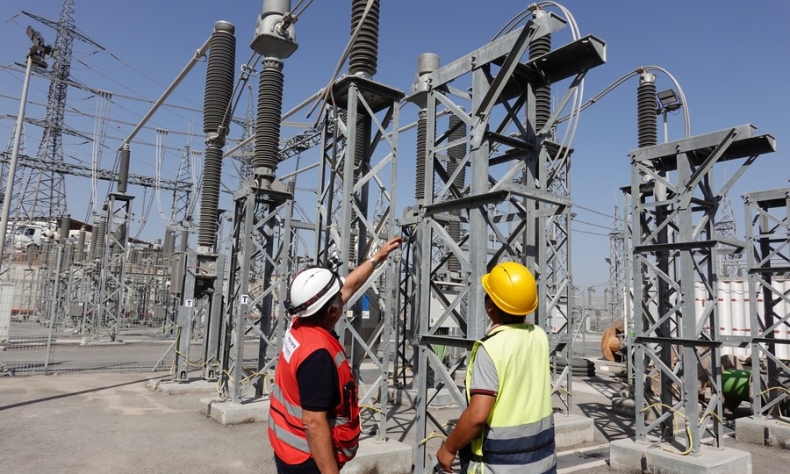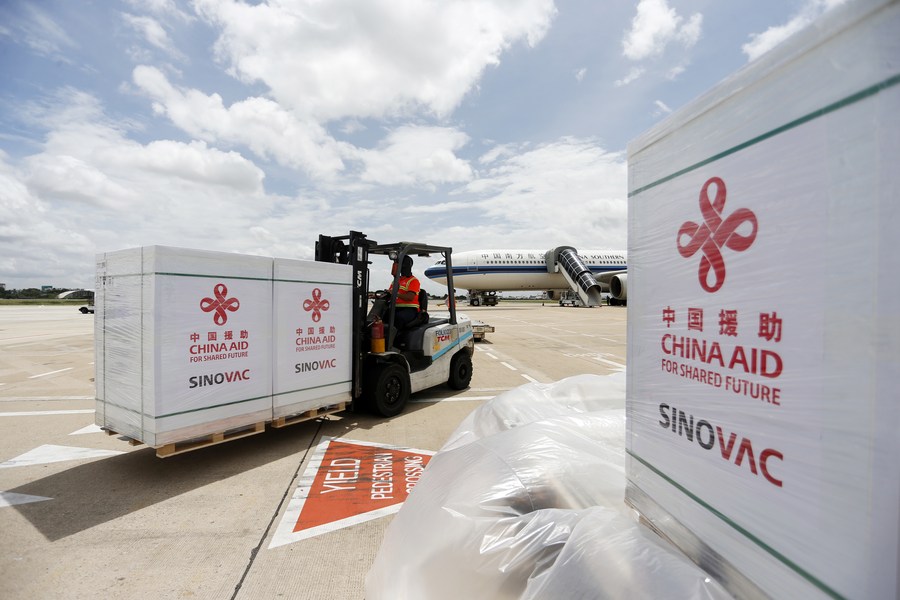A Positive Agenda

Chinese diplomacy has been constant, consistent and focused on peaceful development. In the past, the U.S. and several Western countries forced China to become part of the international system; now, they try to isolate it.
China is opening up to the world under the leadership of the Communist Party of China (CPC). It is no longer the China of the 19th century and the middle of the 20th century that had been forced to open up to the world according to terms imposed by invading foreign powers; it is now a country that has become master of its own destiny and open to dialogue with the world.
China has become the biggest trading partner of more than 120 countries; stands among the most prominent investors and also providers of financial assistance to developing countries; has increased its financial contribution to several international organizations, and is a major contributor to UN peacekeeping operations.
Behind all this is a powerful concept presented by Chinese President Xi Jinping: a community with a shared future for humanity. It is a proposal for globalization that defends and promotes free trade—just like Western-style globalization—but one that understands the value of preserving each country’s cultural and social characteristics.
This concept is in line with the notion of harmony in Chinese philosophy. Xi once quoted the phrase “a single flower does not make spring, while one hundred flowers in full blossom bring spring to the garden,” and said “if there were only one kind of flower in the world, people would find it boring no matter how beautiful it was.” China assumes the defense of a multilateral order based not on the standardization of values and models of society but on respect for differences and, therefore, a more inclusive international order.
The defense of this inclusive globalization has not stopped at the level of discourse. The Belt and Road Initiative, proposed in 2013, which has brought about cooperation between China and 149 countries and 32 international organizations and more than 3,000 cooperation projects involving nearly $1 trillion of investment by late July this year, is a manifestation of globalization advocated by China.
Among the five priorities that are the arteries of the initiative, policy coordination aims to seek common interests among the participating countries and increase mutual trust to avoid errors of interpretation and judgment in intergovernmental cooperation. To this end, several formal and informal mechanisms of intergovernmental dialogue are implemented based on the principle of extensive consultation, which affirms the commitment to respect the speech rights of participating countries, and of joint contribution which assumes the effective engagement of all stakeholders.

However, global challenges have increased in the last two years. Faced with a scenario of deep global crisis, Xi proposed the Global Development Initiative, a proposal with outlines in the process of being defined but which seeks to make efforts to recover the global economy and resume international cooperation in the areas of health, the environment and the fight against absolute poverty. China has a lot of legitimacy in dealing with these matters.
In the field of health, during the two most difficult years of the COVID-19 pandemic, China did not hesitate to donate medical supplies and personal protective equipment to other developing countries in a gesture of solidarity that contrasted with the inaction of Western powers. In addition, it is the country that has most effectively protected the lives of its population against virus contamination, resulting in one of the lowest death rates in the world.
China is an emphatic supporter of the Paris Agreement on climate change and has taken a bold roadmap to carbon neutrality. It has eradicated absolute poverty in what is the world’s most populous country. This piece of good news was announced in the year the CPC celebrated the centenary of its establishment in 2021. It is an undeniably significant achievement in the field of human rights.
In the context of the current crisis of U.S. leadership in world affairs, it is only natural that the world looks to China and closely follows the decisions made and actions taken by the CPC and the Chinese Government.
Chinese diplomacy has been constant, consistent and focused on peaceful development, while U.S. diplomacy has been more random, erratic and conflict-focused. In the past, the U.S. and several Western countries forced China to become part of the international system; now, they try to isolate it. This diplomatic attitude is proof that U.S. foreign policy is without a positive proposal for the post-pandemic world. On the other hand, the Global Development Initiative is a proposal to unite global development efforts in a sustainable, peaceful and inclusive way.
The author is head of the Center for Brazil-China Studies at FGV Law School in Rio de Janeiro, Brazil.
 Facebook
Facebook
 Twitter
Twitter
 Linkedin
Linkedin
 Google +
Google +










